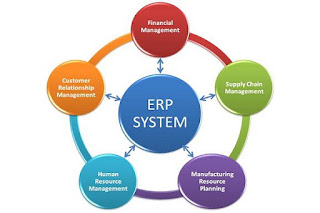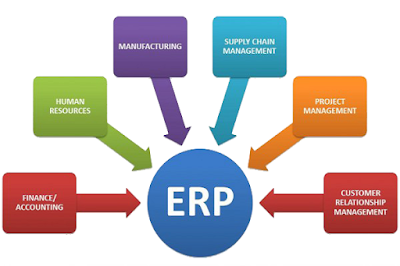To ensure the success of the implementation, the developed methodology uses the following structure for project organization and management according to infrastructure managed services.
The project sponsor is the senior project management officer. Ensures the successful completion of the project by making strategic decisions on its management and scope. Project manager on behalf of the client together with the project manager on behalf of ITC Consult perform the current project management.
The main tasks of the project manager are:
- participates in the planning, organizes and controls the implementation of all tasks taking place during the implementation;
- ensures the availability of data necessary for setup and import into the system;
- provides the technical means necessary for the implementation of the individual tasks and the holding of meetings on them;
- is responsible for solving current problems that have arisen in the course of implementation;
- is responsible for periodically informing the project sponsor about the implementation;
- is responsible for the overall communication of the project;
- participate in meetings to specify current business processes;
- determine the requirements for the system;
- approve the prepared implementation documents;
- provide the necessary data for system setup;
- approve the settings in the system;
- actively participate in the tests of the system;
- train end users how to use the system;
- specify and require improvements in the system after the actual start of work with it.
During the phase Preparation of the implementation and Analysis and design: Obligations of the implementer: - Plans, organizes and leads the meetings of the implementation team - Collects, systematizes and analyzes the information about the ongoing business processes.
Assists in the reengineering of business processes based on good practices and with a view to optimal use of the system's functionalities.
- Prepares proposals for their implementation in the system
- Documents (visualizes) the results Client's obligation:
- Provides a team composed of a project manager and key users
- Prepares a schedule of meetings according to the capabilities of the team
- Take care of the full presence of the team during the meetings
- Actively and responsibly assists in providing the necessary information about the way business processes take place
- Validates the prepared documentation
During the Implementation phase: Obligations of the implementer:
- Planns, organizes and leads the meetings of the implementation team
- Assistance in Migration / Import of data from other systems
- Consults the processes of parameterization- creation and definition of nomenclatures, creation and definition of types of documents by types according to the approved business model "To-Be"
- Setting up document models for servicing the established business processes
- Training on the use of document models by key users
- Assistance in tests -Document (visualize) the results.






